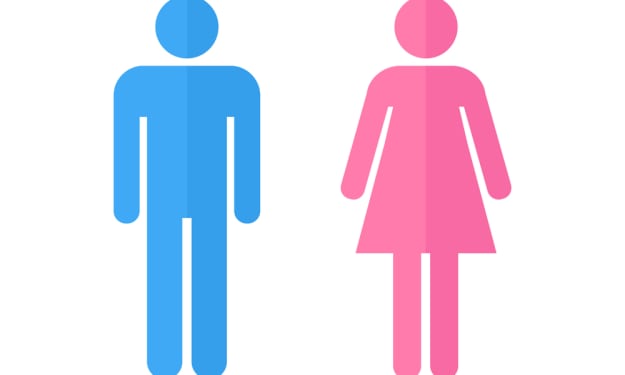
Aftercare planning is a crucial part of addiction treatment. It helps you stay sober and reduces the risk of relapse. It also helps you stay in touch with your sponsor or spiritual leader. Here are a few tips for aftercare planning: - Include a strategy for dealing with relapse. This plan may include returning to rehab, talking to a sponsor, or calling a spiritual leader. It may also involve entering an intensive outpatient treatment program.
Aftercare is a long-term process
Aftercare is a process of continuous support and recovery from addiction. It involves outpatient treatment, counseling, 12-step meetings, and sober living. The goal of aftercare is to reduce the risk of relapse. It also helps the individual build a supportive support system and see to his or her own needs. The time following acute rehab is particularly vulnerable, and it is difficult to maintain the progress achieved during treatment. Aftercare helps people set goals for themselves and make conscious choices about their energy. It also helps them identify stressful situations, deal with their emotions, and be more honest with themselves.
Outpatient counseling can help individuals work through mental health issues, develop relapse-prevention strategies, improve communication with family members, or find a job. The rehab treatment team can help patients find a local outpatient program. Private therapists are another option. They offer more flexibility in scheduling and often accept insurance. Some offer sliding-scale fees to help people with limited incomes attend sessions. Finding the right therapist can take time and requires patience.
It's an integral part of addiction treatment
An aftercare plan is an important part of any addiction treatment program. It provides the individual with continued support and resources to prevent relapse after the program is over. Aftercare plans often include suggestions for family members and friends and can help the individual stay sober once they've completed treatment. However, if the individual fails to follow their aftercare plan, they run the risk of relapse.
Aftercare plans are customized plans that are set up to help recovering addicts transition back into their daily lives. They focus on identifying risks of relapse, teaching coping skills and positive ways to fill time. They also assist the individual in recovering from relapses and get back on track without going back to rehab. A good aftercare plan will provide nonjudgmental care and support.
It's a way to maintain sobriety
Aftercare planning is a way to maintain your sobriety after rehab. In addition to getting regular support, you can find a variety of resources and make sacrifices to maintain your sobriety. You can avoid certain places and people that can trigger your relapse. You can use journaling, breathing exercises, and other techniques to reduce the likelihood of relapse.
Aftercare planning is an important part of rehabilitation, and can be tailored to a patient's unique needs and interests. A therapist will help you find the resources that are best for you. For example, he or she can refer you to resources online or connect you with sober housing facilities in your area. Depending on the type of addiction treatment that you've undergone, your aftercare plan may include continued medical treatment and ongoing therapy.
It reduces the risk of relapse
Aftercare planning is an essential part of the recovery process, and can reduce the risk of relapse in individuals suffering from addiction. Relapse occurs when an individual begins to use drugs or alcohol again. Often, this is caused by psychological and emotional setbacks. For example, a person suffering from addiction may experience depression or anxiety. During this time, drug use may seem like the easiest way to feel normal again. A person may also experience feelings of loneliness, which may also make drug use appealing. In therapy, patients learn strategies for preventing relapse. They also develop plans for risky situations and times when they might be more vulnerable to temptation.
One key to relapse prevention is making a list of people who support the individual in their recovery. It is important to have a support network of people in case the person experiences cravings or a desire to relapse. These people should be readily available to help the person overcome the cravings and remember why he or she is not ready to return to previous behaviours.
It helps overcome emotional struggles with addiction
Aftercare planning is an important part of recovery and can reduce the risk of relapse and allow you to maintain a sober lifestyle. This type of treatment is often provided in a structured treatment center, but can be tailored to your unique situation. It can include suggestions for family members and loved ones.
Aftercare plans can address a wide variety of issues, from repairing damaged relationships to learning healthy ways to regulate emotions. Getting involved in activities that will promote a healthy sense of purpose is another important part of aftercare. For example, joining a sports league or creative arts program can help an addict feel important and loved. Additionally, these activities can provide a safe home and regular time outside.
Aftercare planning should also include a relapse prevention plan. This plan can help an addict recognize what triggers a relapse, and can help them develop coping skills to deal with them. Once an addict has mastered these skills, he or she can begin to work on those behaviors that have brought them to relapse.





Comments
There are no comments for this story
Be the first to respond and start the conversation.